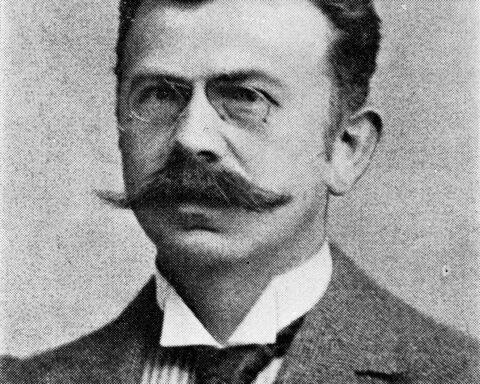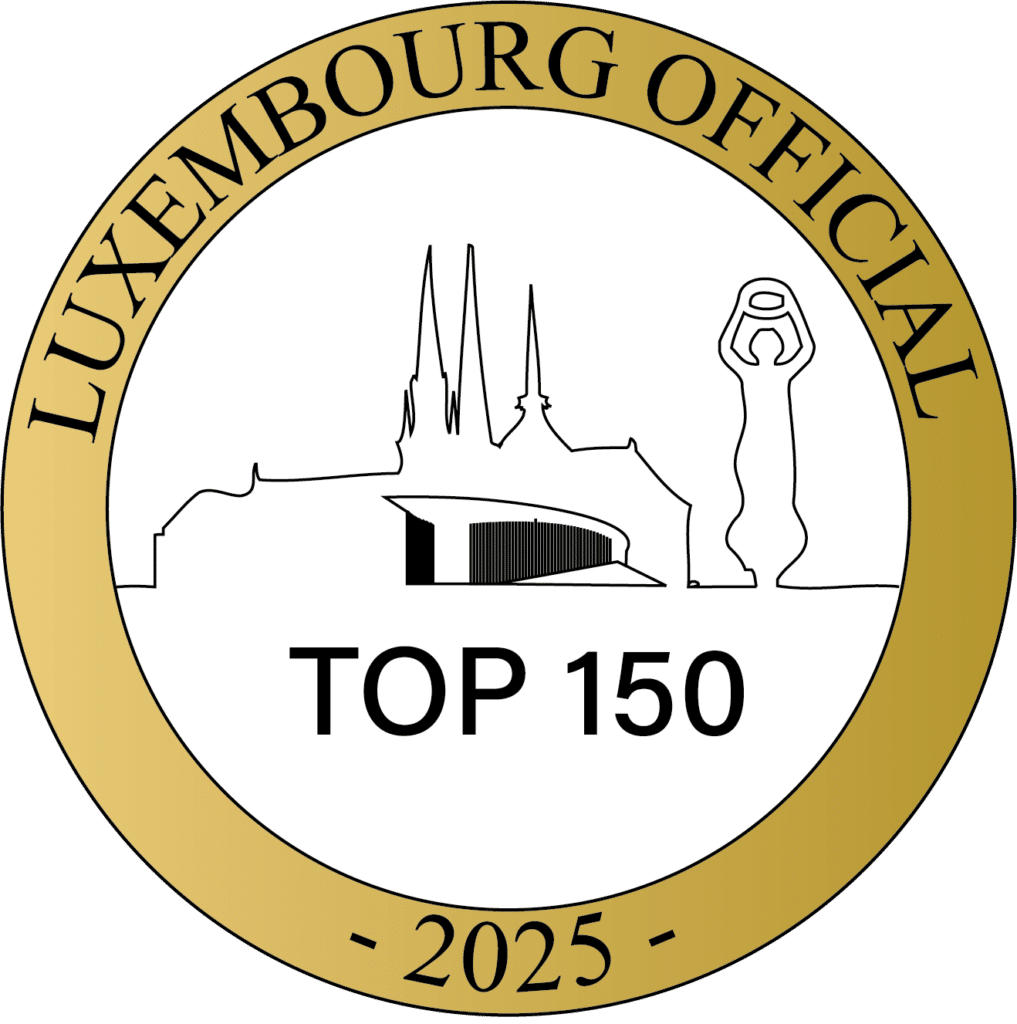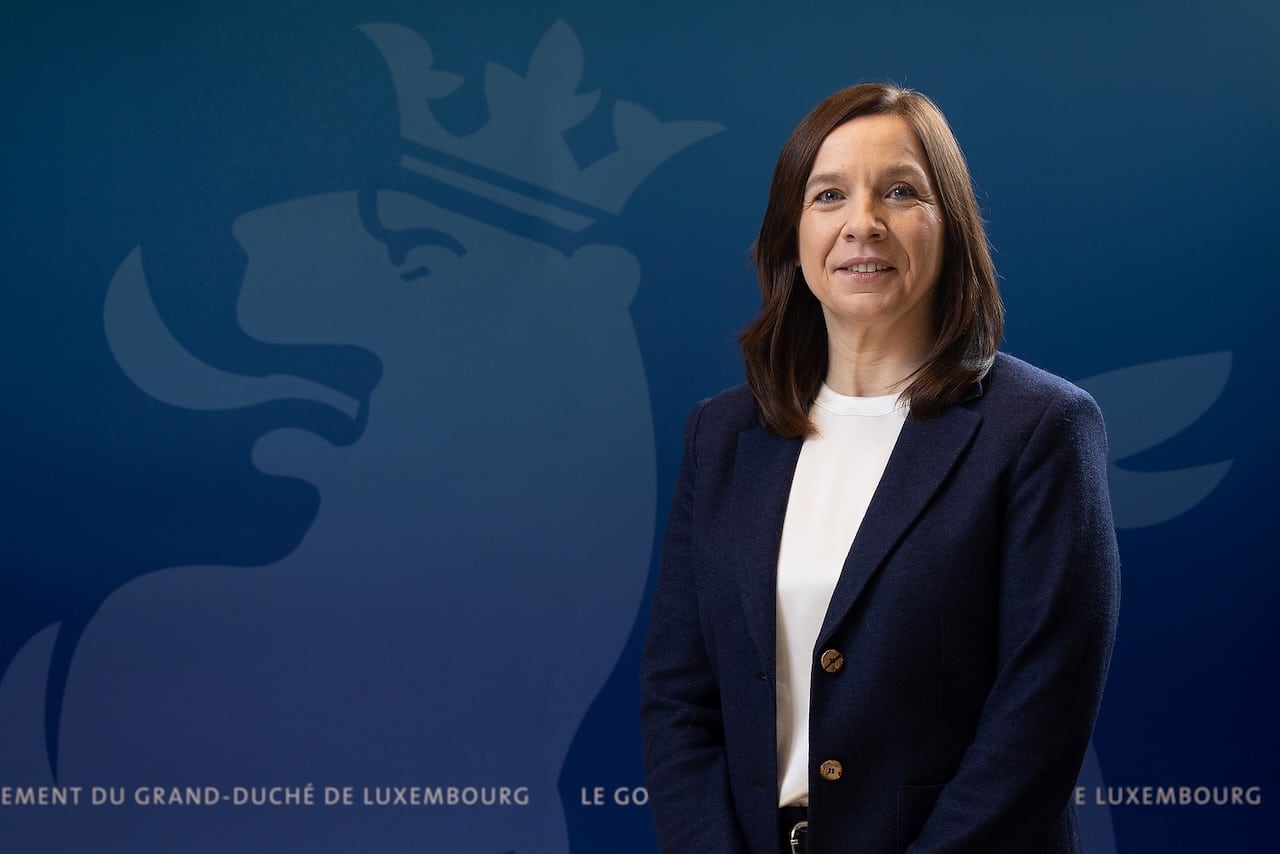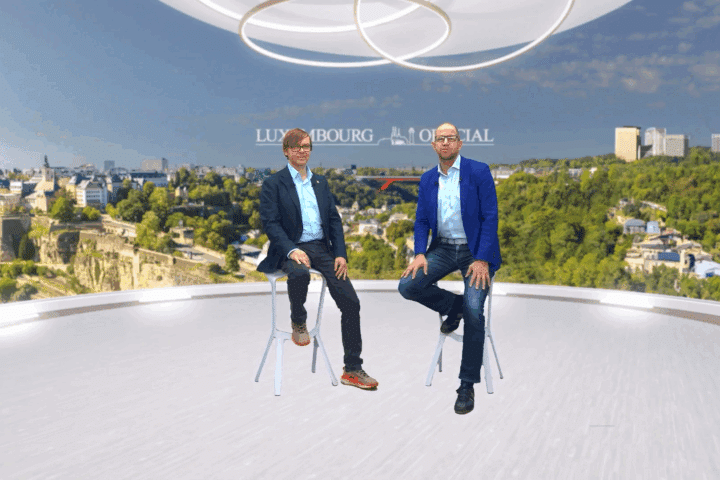Since taking office, Stéphanie Obertin, Minister for Digitalisation, has made it a priority to advance the country’s digital public administration. In this interview, the Minister outlines key initiatives, such as the ‘Once Only’ obligation, highlights Luxembourg’s impressive progress in international rankings, and discusses the balance between embracing new technologies and safeguarding citizens from risks. The ultimate goal is to ensure an efficient, accessible, and secure digital infrastructure that benefits all citizens, while ensuring no one is left behind in the digital transformation journey.
What have been your main priorities since taking office?
My priority as Minister for Digitalisation is the ongoing development of digital public administration in terms of the quality, accessibility, speed, and efficiency of the services offered. I want to create the right conditions for a State that listens to the needs of its citizens and uses the data at its disposal to offer services that are ever more appropriate and whose security is guaranteed. Bill 8395, which introduces the ‘Once Only’ obligation, is crucial in this context. It also paves the way for a so-called ‘proactive’ State, i.e., one that informs its citizens of State aid or subsidies, for example, on its own initiative. The implementation of this bill will bring about major administrative simplifications for all citizens in our country.
How would you assess Luxembourg's progress in terms of digitisation?
Luxembourg is investing enormously in digitalising its services, to such an extent that in just a few years our country has made a meteoric rise in the international rankings. Take, for example, the European Commission’s eGovernment Benchmark, in which we now occupy third place out of the 35 countries considered, or the 2024 progress report on the digital decade, in which the Commission highlights Luxembourg’s major contribution to the European Union’s objectives. In addition to these very positive results on the international stage, I also see the user statistics for the MyGuichet.lu platform as a sure sign of the quality of our digital services. Guichet.lu and MyGuichet.lu have become the platforms par excellence for citizens’ digital relations with the State.
What risks and opportunities do you see for Luxembourg?
Technology is synonymous with innovation and progress. With the emergence of technologies such as artificial intelligence, blockchain, and quantum technologies, we are faced daily with undreamt-of possibilities. The ultimate challenge for our country is to keep pace with all these developments and harness them for the good of all. So, we need artificial intelligence that is in tune with our expectations and needs. We must never do technology for technology’s sake. However, every development is a step into the unknown. There is no such thing as zero risk. As a State, we must do everything in our power to protect our citizens and our systems from abuses that would run counter to our interests. We need to guard against cyber-attacks, for example, or a fragmentation of society that would leave the less digitally inclined at the side of the road.
How do you measure the progress made in your department?
In addition to providing digital services through the MyGuichet.lu platform, the Ministry of Digitalisation is responsible for general policy on the digitisation of government, administrative procedures, and initiatives to digitise the State. We are therefore playing a leading role in the digital transformation of the State and are putting in place the necessary milestones to advise and support State entities along this path. That’s why my ministry has set up digital governance for the State. Since I took office, we have been offering ministries our Digitalisation Council, which assesses their digital maturity and guides them in their internal digitalisation and the digitisation of their processes and procedures. We also help them to simplify administrative procedures. Finally, I have just asked my colleagues in government to appoint a digitisation officer to act as coordinator and point of contact for all the digitisation measures in their ministry. All these measures are designed to drive forward the digital transformation of the State for the benefit of citizens.




















